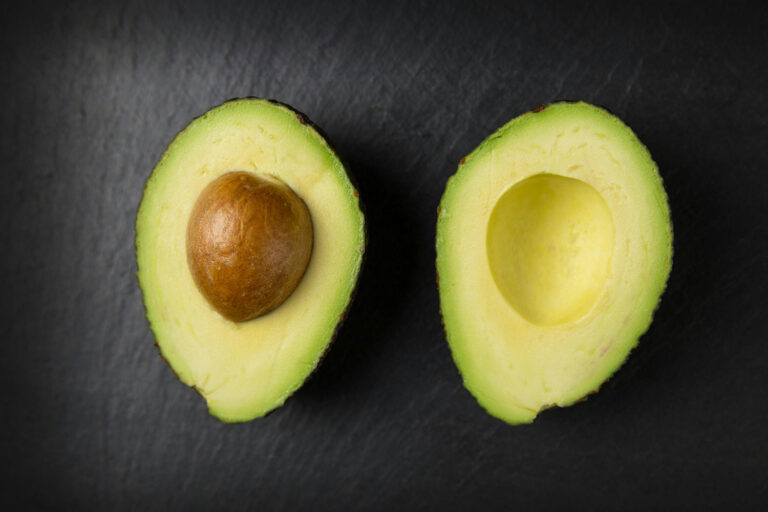Incorporating fats into our diet is crucial because they provide energy, support brain function and mental health, promote fullness, and are essential for the growth and development of our body systems. There are different types of fats in the diet: saturated, trans, monounsaturated, and polyunsaturated fats. Out of all four, I would encourage reducing trans fats and saturated fats if possible. Evaluating your diet would help me create a plan to do so. Monounsaturated fats are found in olive oil, avocados, and nuts. They help to reduce cholesterol levels and decrease the risk of heart disease. Polyunsaturated fats include omega-3 and omega-6 acids, which the body cannot produce on its own. They are found in foods such as flaxseeds, fish, and walnuts. We consume many omega-6-rich foods in the American diet but often lack omega-3 sources. Make sure to prioritize omega-3-rich foods during your next trip to the store.
Suppose you don’t get enough fat in your diet. In that case, you are likely to feel hungry soon after a meal, struggle with unstable blood sugar levels, have less energy, especially if you are athletic, absorb fewer vitamins such as A, D, E, and K, and possibly experience dry skin, brittle hair, and nails. It’s important not to confuse brittle hair and nails with other medical conditions, but if fat is lacking in your diet, it can be a possibility. Studies have shown that a low-fat diet can have a negative influence on mental health.
Here’s an example of how I can achieve healthy fats in my daily diet: For breakfast, I can have a slice of whole grain bread topped with half an avocado, a poached egg, and a sprinkle of salt, pepper, and chili flakes. For lunch, I can enjoy grilled salmon on my salad, and for dinner, I can drizzle olive oil over my pasta. As a snack, I can have almond butter with apples.
Your nutritionist:
Elina Ackley, MS., CNS. LDN
